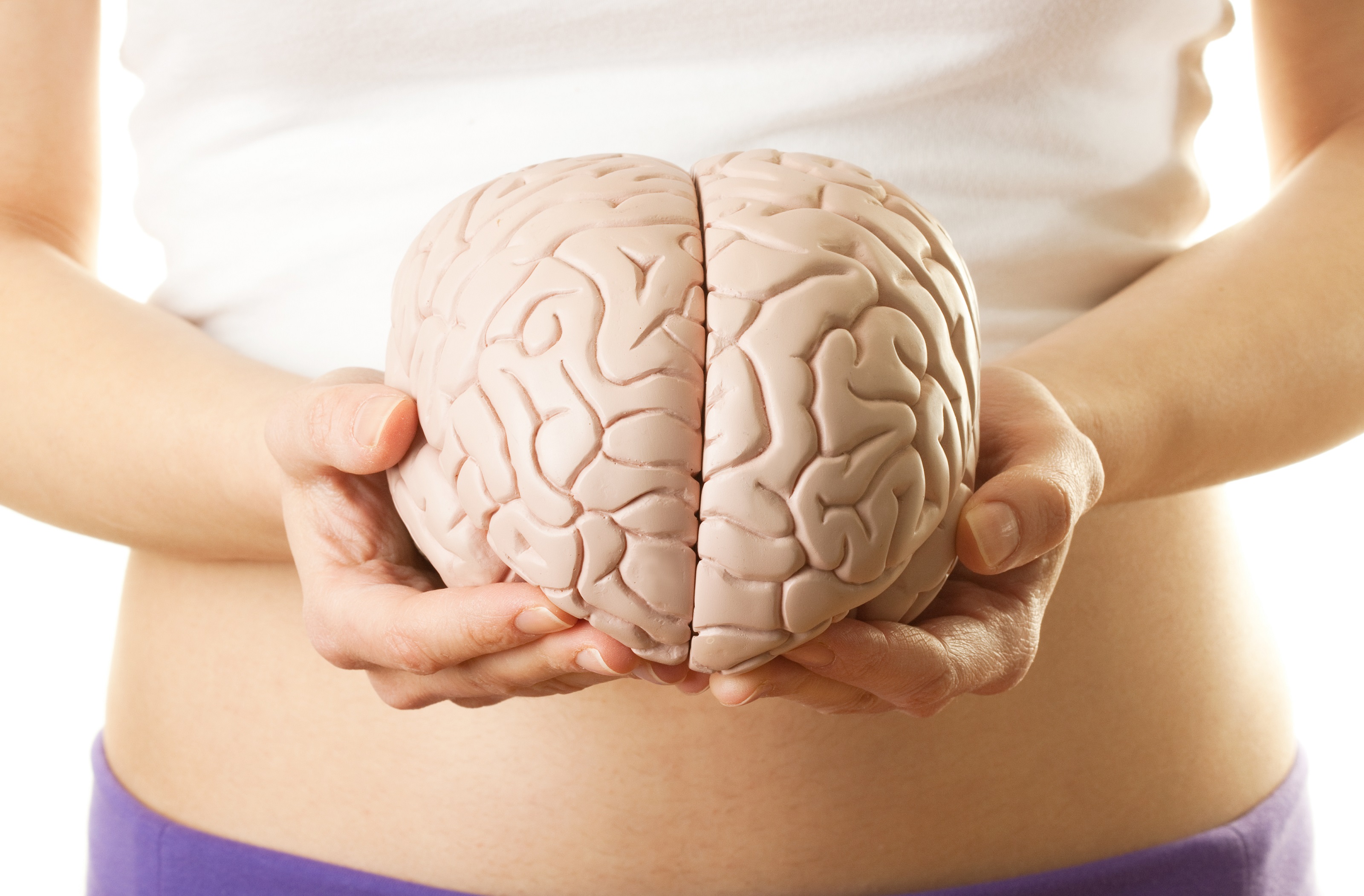
Exercise your brain!
Does exercise help brain functionality?
A well-known grey area within the fitness-sphere, is whether there is a distinct connection between exercise/physical activity and the functionality, development and health of our brains. Let’s bust some myths! It goes without saying, there has been a plethora of research conducted in this area, with outstanding results produced in many trials. So much so, that we can distinctly infer that there is indeed a concrete relationship, but what does this relationship entail?
The main relationship between physical movement and cerebral development is centred around the improved circulation of blood, i.e. good circulation, which comes from exercise, enhances blood flow toward the brain. Without delving too far into the nitty-gritty, much of the research that’s available to us suggests that individuals whom engage in various forms of physical activity, show better results when tested for memory skills, capacity of concentration, analytical skills and so forth.
Notwithstanding the anecdotal evidence available to us, which suggests that regular exercise and/or physical activity will prohibit shrinkage of the brain, which is otherwise considered an expected and natural process, associated with ageing – whereby we typically see the emergence of partial memory loss, brain fog, reasoning issues etc.
In one particular study, based on brain imaging, involving 600 volunteers in Scotland, aged between 70 and 73 years, researchers looked for hard data to confirm the relationship between physical exercise and brain health. The study identified a strong and direct correlation between increased physical activity and decreased intensity reduction rate of the brain. “People in their seventies who participated in the more physical exercise, including walking several times a week, had less brain shrinkage and other signs of ageing in the brain than those who were less physically active,” said lead author Alan J. Gow of the University of Edinburgh in Scotland. “On the other hand, our study showed no real benefit to participating in mentally and socially stimulating activities on brain size, as seen on MRI scans, over the three-year time frame.”
Indeed, it’s universally accepted that both mental and physical activities have a vast array of benefits: inclusive of, but not limited to, the prevention of chronic diseases, the elimination of several mental health issues and fatigue. Thereby, all individuals, irrespective of age and gender, should, if possible, perform some amount of daily physical activity.
Benefits of physical exercises for the brain
Now that we’ve established that physical movement, especially which requires physical coordination, supports neurological development, here is a list of some of the potential benefits of exercise, on your brain:
- Physical exercise significantly reduces stress via the means of increases norepinephrine, a neurological chemical designed to assist with the alleviation of stress.
- Regular exercise releases endorphins, meaning your mood will be improved and you will literally, feel happier!
- Several studies noted a distinct increase in self-confidence and self-image within an individual.
- Outdoor exercise makes it easier for you to be exposed to a highly necessary hit of Vitamin D – which has numerous benefits also.
- Scientific literature increasingly makes references to the fact that exercise has the ability to reduce risk, to delay the onset and slow the progression of Alzheimer’s disease. After a study conducted by Swedish researchers for 35 years on 1,500 subjects, it is clear that those had at least two sessions of exercise for 30 minutes a week had a 60% lower risk of suffering from Alzheimer’s. Also, those physically active had a smaller amount of specific protein of Alzheimer’s disease accumulation in the brain. There are indications that physical exercise can bring benefits in other neuro-degenerative diseases like Huntington’s or Parkinson’s.
- An individual’s intellect is enhanced when regular exercise is performed. Researchers argue that cardiovascular based exercise, leads to neurogenesis; the creation of new brain cells. The primary mechanism being the increase in levels of a protein within the body, enhancing decision making, focus and overall cognitive function.
- Exercise is a potent antidepressant. Depression is caused by low levels of serotonin, physical activity increases the amount of this chemical in the brain.
Conclusively, there is absolutely no doubt that performing regular exercise, irrespective of what the specific activity may be, can assist your mind in many ways. Heavily contributing to the production of neurological chemicals, enhancing cognitive function as well as improving several functions within the brain.

